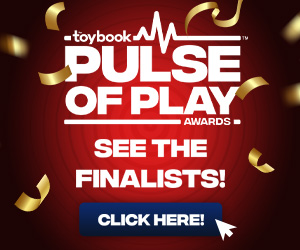As the Fidget Spinner craze continues to grow, it’s pretty incredible to see just how fast a host of products have hit the market, many of which have dubious levels of safety and quality. With so many options appearing everywhere from major retailers to gas stations and street corners, the folks at The Toy Association have served-up some tips, as they urge caution and stress safety when it comes to the polarizing little gadgets. Considering a Fidget Spinner or already have one in your home? Here’s some things to think about…
- Follow Age Labels
Make sure fidget spinners are age-appropriate. Always follow age labeling, and if the spinner does not have age guidance on its packaging, don’t buy it. Never give children under three years of age (or those who still put toys in their mouths) any items, such as fidget spinners, that have small parts. Children who are old enough to play with fidget spinners should be taught how to play with them correctly—and instructed never to put them in their mouths. - Shop at Reputable Retailers
Shop at a reputable retailer that you know and trust. Those retailers will be selling products that have been tested and comply with strict U.S. safety standards. When a craze like the fidget spinners hits, you may be tempted to buy one for your child wherever you can find one (like at a pop-up vendor on the street or from an unknown online seller), but the safety of products sold outside a reputable retailer cannot be guaranteed. - Tips for Light-Up Spinners
Small batteries are required to be secured so that a tool or coin is needed to access the battery compartment. Fidget spinners with a light-up feature might utilize small batteries that can be harmful if accidentally ingested. Avoid giving a child a light-up spinner if it does not also have a locking mechanism on the battery compartment. - Check for Broken Parts
Check fidget spinners periodically for damage. Broken items should be discarded and not left in a child’s environment.
These and other important safety tips for families are available at PlaySafe.org, The Toy Association’s trusted resource for parents and caregivers.


